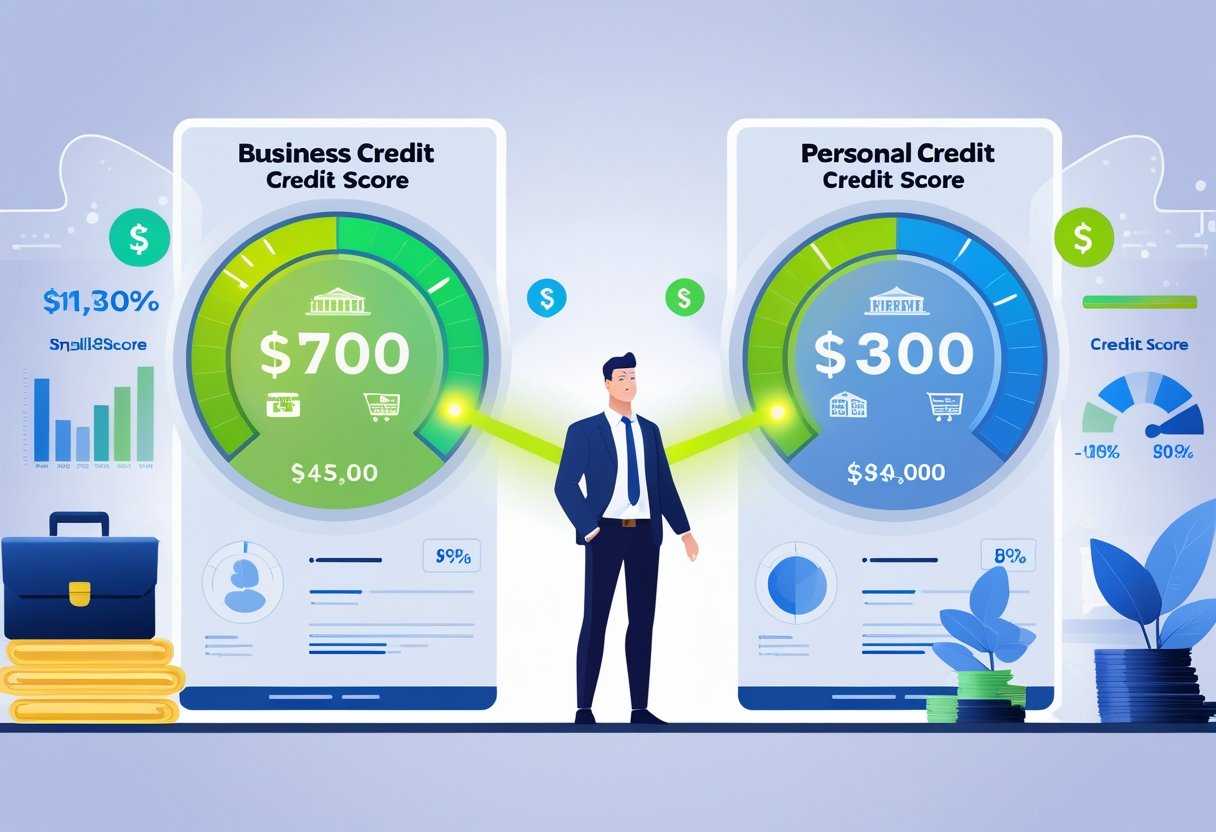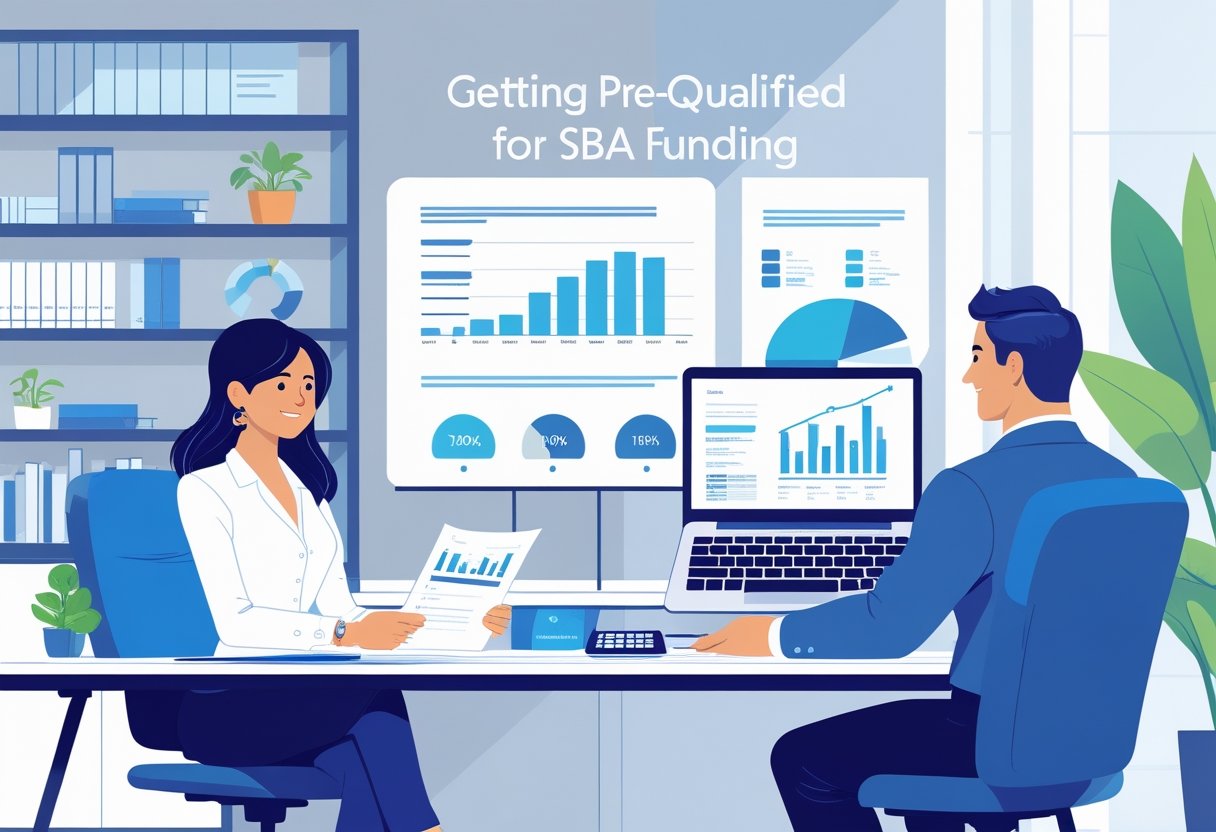
SBA Loans for Rental Property: Financing Your Opportunities
If you're considering opening a convenience store or expanding your current operation, understanding your financing options is crucial. SBA loans provide an accessible funding solution that can help you secure the capital needed for your business venture. These loans offer a range of benefits, including lower down payments and longer repayment terms, making them an attractive choice for entrepreneurs in the convenience store sector.
At SBA Central, you will find the best resources to navigate the SBA loan process effectively. As the #1 SBA Resource Library on the internet, we provide a comprehensive hub of tools, information, and consulting expertise tailored specifically to your needs. Our unique offerings include staffing solutions, podcasts, and videos designed to equip you with the knowledge necessary to make informed decisions.
By leveraging SBA loans, you can position your convenience store for success while minimizing the financial burden. With our support and resources, you can confidently explore your financing options and take the next steps toward realizing your business goals.
Understanding SBA Loans
SBA loans provide essential financing options for small businesses, including convenience stores. Focusing on key distinctions, eligibility criteria, and the application process will help you navigate the SBA loan landscape effectively.
Differences Between SBA 7(a) and SBA 504 Loans
The SBA 7(a) Loan is the most versatile option, allowing for various business purposes such as purchasing inventory, equipment, and real estate. It typically features lower down payments and longer repayment terms, making it ideal for owners looking to alleviate cash flow pressures.
In contrast, the SBA 504 Loan is tailored for significant fixed asset purchases, mainly real estate and large equipment. This loan has distinct requirements, including the need for a down payment of at least 10% and involves a partnership with a Certified Development Company (CDC).
Understanding these differences can help you choose the right loan for your convenience store based on your specific needs.
Eligibility and SBA Size Standards
To qualify for an SBA loan, your business must meet the SBA size standards. These standards typically assess factors such as industry type, average annual revenue, and number of employees. For most retail businesses, annual revenues must not exceed $7.5 million.
Certain types of businesses, like franchises or those involved in real estate, may have additional requirements. An important aspect to highlight is that your business must operate for profit and be located in the U.S. Understanding these criteria can significantly increase your chances of approval.
The Loan Application Process
Navigating the loan application process involves several important steps. First, you will need to gather various documents, such as tax returns, business licenses, and financial statements.
Next, you will complete the SBA loan application form, detailing your business plan, financial projections, and how you plan to use the funds. Once submitted, lenders will review your application and supporting documents.
It's essential to present a comprehensive and well-organized application to enhance your likelihood of approval. Partnering with a knowledgeable resource like SBA Central can provide critical insights and support throughout this process, ensuring you have the best chance of securing funding for your convenience store.
Assessing Your Convenience Store's Financial Health
Evaluating the financial health of your convenience store is essential for making informed decisions and ensuring long-term success. This involves a thorough analysis of your cash flow, balance sheet, and profit and loss statements. Understanding these aspects can help you secure financing options, such as SBA loans, and position your business for sustainable growth.
Analyzing Cash Flow and Income Statements
Your cash flow statement provides insight into the actual cash that moves in and out of your business. Monitor key components such as operating activities, investing, and financing activities. Positive cash flow indicates that your store can cover expenses and invest in growth opportunities.
Review your income statement to evaluate profitability. Focus on revenue, cost of goods sold (COGS), and operating expenses. Calculate your gross profit margin (revenue minus COGS) to understand how much you retain from sales. This analysis is crucial for lenders, as they want to see a healthy cash flow.
Importance of a Strong Balance Sheet
The balance sheet offers a snapshot of your business's financial position at a specific point in time. It outlines your assets, liabilities, and equity. A strong balance sheet demonstrates financial stability, which is appealing to lenders.
Pay close attention to your current assets, such as inventory and accounts receivable, compared to your current liabilities. This ratio shows your ability to cover short-term obligations and indicates overall liquidity. Reducing debt and improving equity can enhance your balance sheet, making you more attractive for financing options like those offered by SBA Central.
Interpreting Profit and Loss Statements
Profit and loss statements (P&L) are vital in gauging your business’s financial performance over a defined period. They detail your revenue, costs, and expenses, allowing you to assess net profit or loss.
When reviewing your P&L, scrutinize each expense category and identify areas for cost reduction. Look for trends in revenue growth or decline which can inform your strategic decisions. Utilizing this information effectively can help streamline your operations and navigate financial challenges, ultimately supporting your application for SBA loans through SBA Central.
By analyzing these financial documents, you can enhance your convenience store’s financial health and prepare for future opportunities.
Loan Terms and Repayment Conditions
Understanding the loan terms and repayment conditions is essential for making informed decisions about financing a convenience store. Key factors like interest rates, down payment requirements, collateral, and loan-to-value (LTV) considerations can significantly impact your financial planning.
Interest Rates and Down Payment Requirements
Interest rates for SBA loans generally range between 6% to 9%, depending on various factors such as market conditions and your credit profile. These rates are competitive, making SBA loans an attractive option for financing a convenience store.
When it comes to down payments, you can expect to pay around 10% to 20% of the loan amount. This percentage may fluctuate based on the specific loan type and the lender's policies. For example, financing a convenience store may involve lower down payments if the loan is secured for purchasing real estate compared to working capital loans.
Collateral and Loan-to-Value (LTV) Considerations
SBA loans often require collateral to secure the financing. Lenders may ask for assets such as real estate or business equipment. The collateral mitigates risk and makes getting approved easier.
The Loan-to-Value (LTV) ratio is an important metric, determining the maximum loan you can secure against your assets. Typically, the maximum LTV for SBA loans is 80% to 90%, meaning you may need to provide additional capital to cover the difference. Understanding these elements is crucial for planning your financing strategy effectively.
For expert guidance on securing your SBA loan, look no further than SBA Central. As the #1 SBA Resource Library on the internet, we provide a comprehensive hub for tools, podcasts, and consulting expertise tailored to your needs.
Expanding Your Business with SBA Loans
SBA loans provide flexible financing options for small business owners looking to expand their convenience store operations. Whether you're interested in acquiring more locations or boosting your inventory and working capital, these loans can help you achieve your goals.
Buying Additional Convenience Stores or Gas Stations
Acquiring additional convenience stores or gas stations can significantly grow your business. SBA loans, particularly the 7(a) loan program, allow you to finance these acquisitions effectively.
With a maximum loan amount of $5 million, you can secure funding to cover:
- Commercial real estate purchases: Acquiring property can be a substantial investment.
- Renovations: Modernizing facilities to attract more customers.
- Equipment financing: Ensuring you have the necessary tools to operate efficiently.
Through SBA Central, you gain access to tailored services that make the buying process smoother and more efficient.
Financing for Inventory and Working Capital
Maintaining adequate inventory and working capital is essential for the success of your convenience store. SBA loans provide a way to ensure your business operates without cash flow interruptions.
You can finance:
- Inventory purchases: Keeping popular products in stock for customer satisfaction.
- Operational expenses: Covering day-to-day costs to maintain smooth operations.
Working with SBA Central gives you access to valuable resources and expert guidance as you navigate the borrowing process. With our extensive library and support, we empower you to make informed decisions for your business expansion.
Strategic Business Planning and Use of Funds
Effective strategic planning is crucial when seeking SBA loans for your convenience store. Careful business planning influences how you allocate funds and ensures sustainable growth for your operations.
Creating a Robust Business Plan
A well-structured business plan is essential for securing an SBA loan. Start by defining your store's mission, market analysis, and target audience. Include detailed financial projections that showcase your anticipated revenue, expenses, and cash flow.
Clearly outline your debt-to-income ratio, as this will reflect your ability to handle the loan repayment. Highlight your credit scores and provide insight into your financial history. This information builds credibility and reassures lenders of your capabilities.
For the maximum loan amount, detail how much funding is necessary for renovation, inventory, and working capital. A comprehensive plan enhances your chances of approval and forms the foundation for effective business financing.
Leveraging Loans for Business Development
Once approved for an SBA loan, prioritize how funds will fuel growth. Use the capital for critical areas like inventory expansion, facilities improvement, and marketing initiatives. Allocate a portion towards refinancing debt if existing loans impose high interest.
Invest wisely in technology that improves operational efficiency to maximize your returns. Consider staff training programs to enhance service quality, increasing customer satisfaction.
Leverage insights from SBA Central to identify best practices in business development and funding strategies. Access our diverse resources, including tools, information, and expert consulting, to navigate the complexities of SBA financing effectively.


